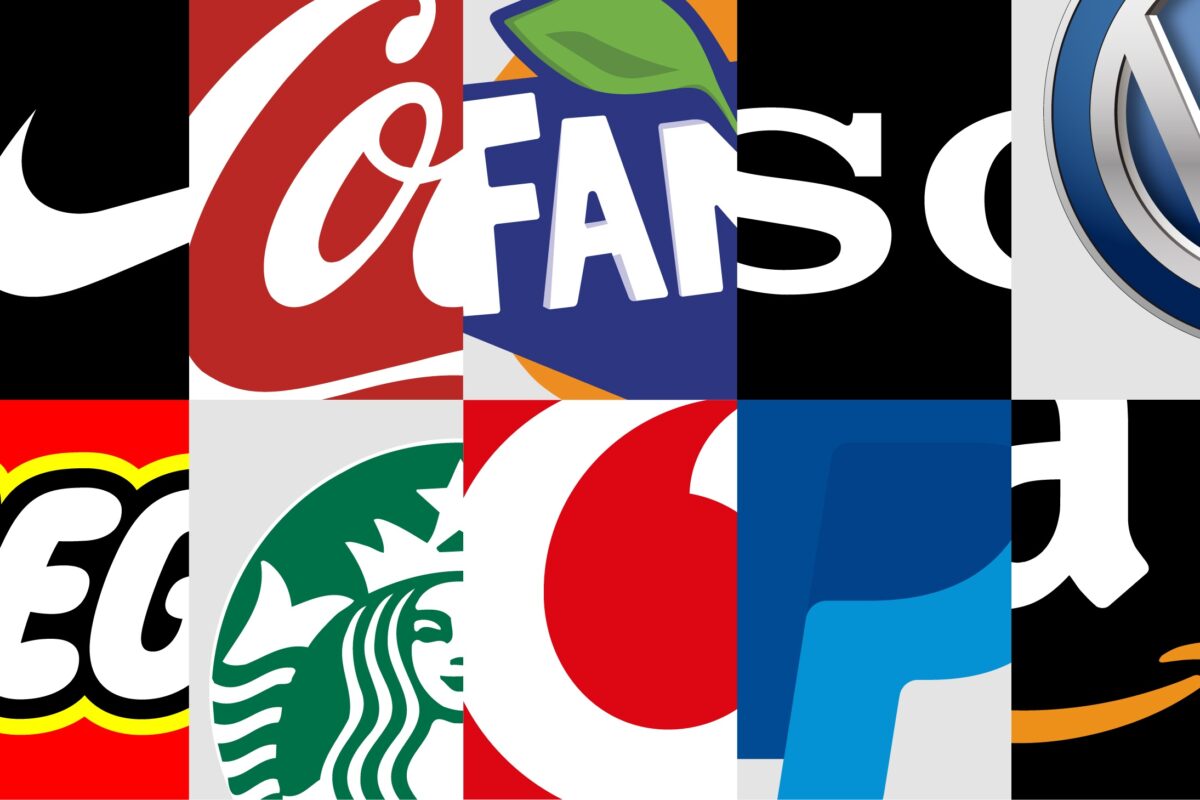So the Charleston RiverDogs are offering naming rights to their new baseball stadium. Should you bite? Here are seven questions to ask about any sponsorship deal with a professional sports team.
1. What’s the connective tissue?
Sporting events and teams certainly breed emotion, particularly at the local or regional level. That’s why the public will not only align itself with a team, but also with a venue and a sponsor. Research from the Journal of the Academy of Marketing Science indicates that the “sponsor-event fit” and the perceived sincerity of the sponsor are the top determinants in generating a favorable response from a sports sponsorship.
So here is the simple litmus test: Will the average fan “get it?”
2. If you’re not the lead dog, how good is the view?
Sports teams will sell you sponsorships for just about anything associated with their business – from stadium naming rights to your logo on the team bus, from major billboard placements inside the stadium to your logo on beverage cups and napkins. Ask yourself what happens once average fans are saturated with high-profile sponsorships and logo placements.
Do they have any mental storage space left to associate your good name when it’s only splashed across the second floor atrium?
3. Do you have evaluation criteria?
Sports-related marketing opportunities are proliferating, as everybody from the new “extreme” sports to local colleges try for a piece of the action. (But wait, there’s more: An elementary school in New Jersey actually sold its gymnasium’s naming rights to a local supermarket.)
The point is, you should establish – and use – general criteria for evaluating any such deal. Here are six checkpoints:
-Positive exposure for the brand.
-Tangible benefits associated with the partnership.
-Ability to reach targeted audiences and build relationships with them.
-Opportunity to create long-term value.
-Potential to be leveraged with additional resource investment.
-Potential for a long-term and sustainable relationship.
4. How will you measure the return on your investment?
If you can’t measure it, you can’t really manage it. So look for ways to quantify your return, or even to build tracking and measurement tools into a contract’s renewal clause.
Sports links aren’t exactly new to marketers. Way back in 1926, the home of the Chicago Cubs was renamed Wrigley Field after the chewing gum folks. Look for literature in the marketing journals or other commentaries on how long-term sports sponsors have evaluated their investments.
Sports Business Journal estimates that of the $16 billion spent annually by North American companies on sponsorships, only $20 million is spent on sponsorship research. That’s only 0.125%, about one-tenth of one percent. Recommendation: Build a minimum of 2% into your annual sponsorship budget for tracking and evaluation.
5. Will the tail be wagging the dog?
VIP tickets and reserved parking are dandy. And what’s not to like about those great views from the deck of a hospitality suite. And if the chairman loves to hold court in that luxury box – hey, we understand.
But these should be secondary benefits for entering into a sports sponsorship. Don’t let the “sweeteners” sway your judgment about what should otherwise be a responsible marketing investment.
6. Will you take heat?
Ponder the possible backlash before you commit to a big sponsorship deal.
The United States Tennis Assn. had three choices when it named Arthur Ashe Stadium: Name it after the USTA, for one of the tennis legends, or sell the naming rights. Although many blue-chip companies were interested in getting their name on the venue, the USTA decided against a sponsorship for the stadium.
According to the USTA’s chief marketing officer, they got the result they wanted: The stadium is viewed by the public as a venue for the players and not as a “corporate sellout.”
7. Do you have an exit strategy?
Managements can change. Neighborhoods can deteriorate. Stars can be accused of cheating or drug use. Sports teams (and budgets) can fall apart.
Before you sign a multi-year commitment, and that’s what most are, try to engineer periodic renewal dates. And look carefully at the conditions and the penalties for bailing out early.
The Blake Project Can Help You Grow: The Brand Growth Strategy Workshop
Branding Strategy Insider is a service of The Blake Project: A strategic brand consultancy specializing in Brand Research, Brand Strategy, Brand Growth and Brand Education




